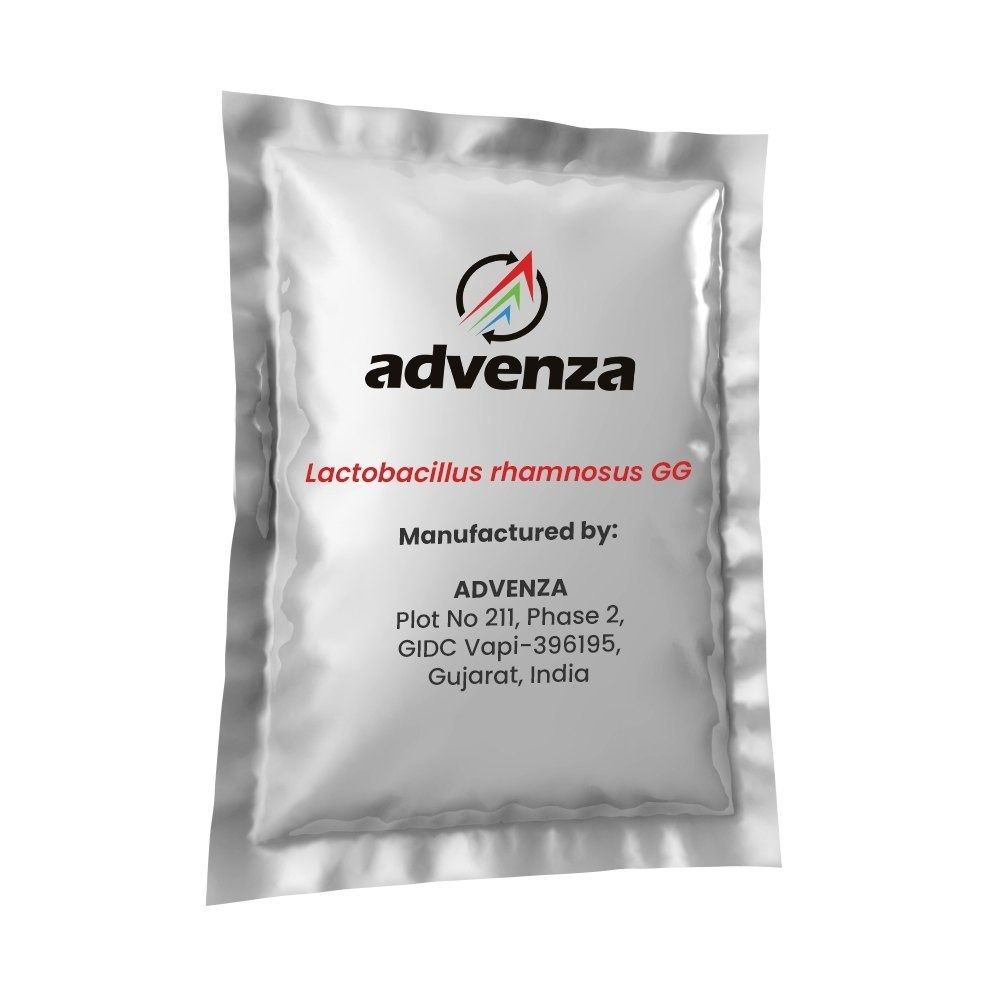
Lactobacillus rhamnosus GG
Health Ingredients
Information
Lactobacillus rhamnosus GG, also known as LGG, is a strain of bacteria that belongs to the Lactobacillus genus. It is a probiotic, which means it is a beneficial microorganism that can confer health benefits to the host when consumed in adequate amounts. LGG is one of the most extensively studied and well-documented probiotic strains.
Here are some key points about Lactobacillus rhamnosus GG:
Origin: LGG was first isolated in 1983 from the intestinal tract of a healthy human being. It was subsequently studied for its probiotic properties.
Health Benefits: LGG has been researched for its potential health-promoting effects, particularly in the gastrointestinal tract. It is believed to help maintain a balanced intestinal microflora, support digestive health, and modulate the immune system.
Conditions Treated: LGG has been studied for its effectiveness in various conditions, including diarrhea (especially associated with antibiotic use and infectious causes), irritable bowel syndrome (IBS), inflammatory bowel diseases (such as Crohn's disease and ulcerative colitis), and allergies.
Mechanisms of Action: LGG may exert its beneficial effects through various mechanisms, including the production of antimicrobial substances, competition with harmful microorganisms for nutrients and binding sites, and modulation of the immune response.
Forms of Administration: LGG is commonly available in the form of probiotic supplements, as well as in certain dairy products such as yogurt. The recommended dosage may vary depending on the specific product and the intended use.
Safety: LGG is generally considered safe for most individuals, but it's always advisable to consult with a healthcare professional before starting any new supplement regimen, especially for individuals with compromised immune systems or other health conditions.
